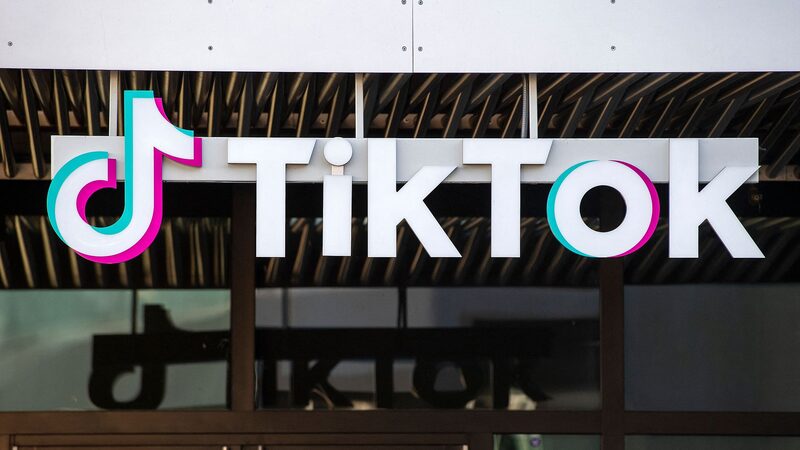TikTok and its parent company ByteDance appealed to a federal appeals court on Monday to block a US law that would ban the popular video-sharing app, arguing it violates free speech protections under the US Constitution.
The law, set to take effect as early as January 19 next year, demands that ByteDance sell or divest TikTok's US assets or face a nationwide ban. It was signed by President Joe Biden in April after receiving approval from Congress.
During a two-hour hearing before a three-judge panel of the US Court of Appeals for the District of Columbia Circuit, Andrew Pincus, attorney for TikTok and ByteDance, stated that the law is unprecedented and unfairly targets the app and its American users.
Pincus contended that the US government has not provided sufficient evidence to prove TikTok poses a national security threat, as claimed by the Justice Department.
He emphasized that the law infringes on the First Amendment rights of TikTok and its 170 million American users by restricting their ability to freely express themselves on the platform.
\\"The law before this court is unprecedented, and its effect would be staggering,\\" Pincus told the judges. \\"For the first time in history, Congress has expressly targeted a specific US speaker, banning its speech and the speech of millions of Americans.\\"
Another attorney representing content creators contesting the law likened it to prohibiting Americans from publishing content on other foreign-owned media platforms, such as Politico, Al Jazeera, or Spotify.
In their May lawsuit, TikTok and ByteDance argued that the law violates the First Amendment by censoring a specific platform based on hypothetical future risks. They contended that upholding the statute would set a dangerous precedent, allowing Congress to bypass constitutional protections by citing national security concerns.
TikTok also highlighted that the law unfairly targets a single platform, describing it as an overreach that prevents Americans from \\"participating in a unique online community with more than 1 billion people worldwide.\\"
(With input from agencies)
Reference(s):
TikTok challenges U.S. ban law, citing free speech violations
cgtn.com




